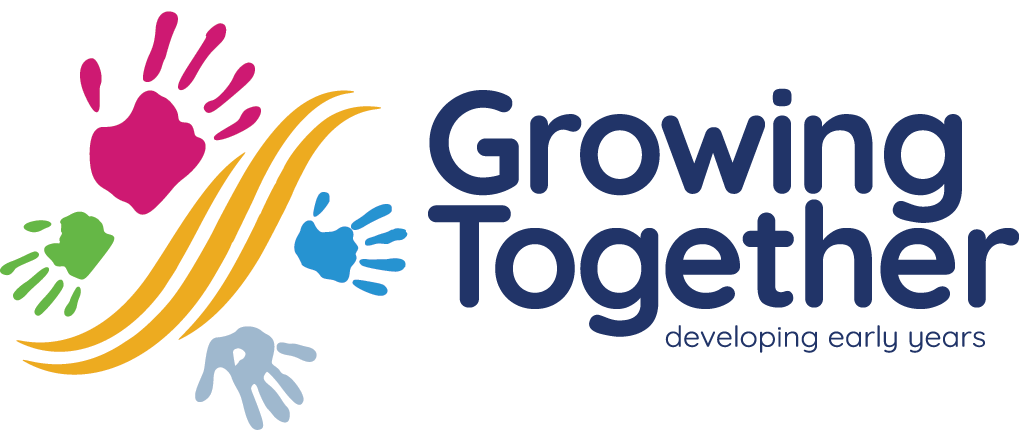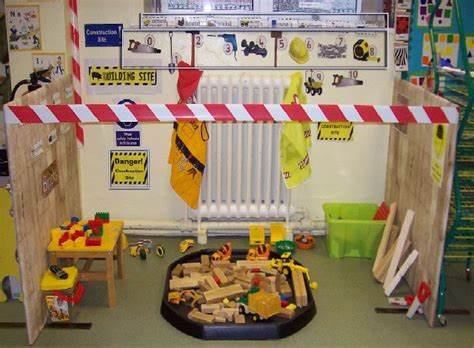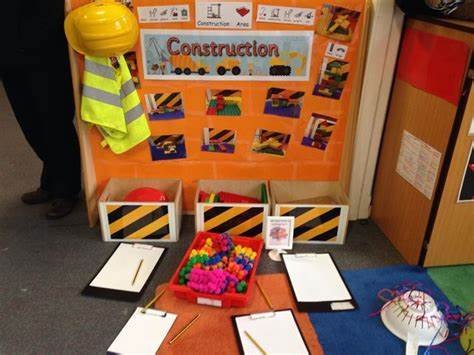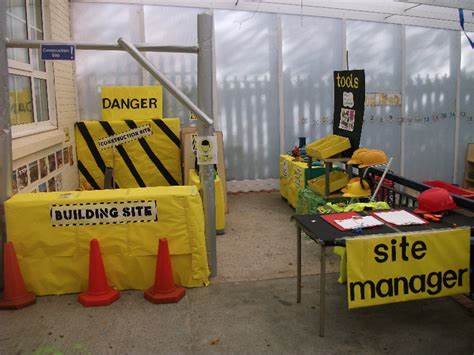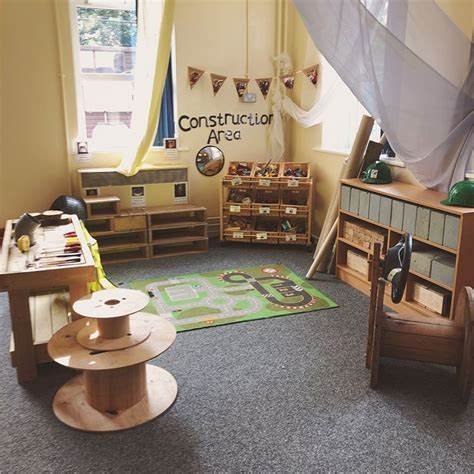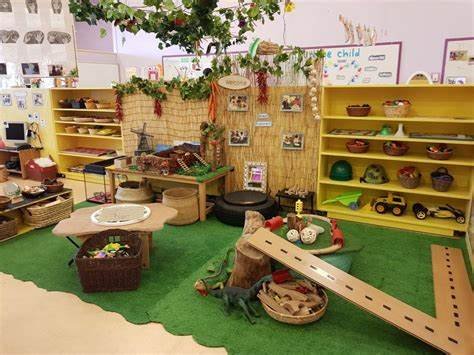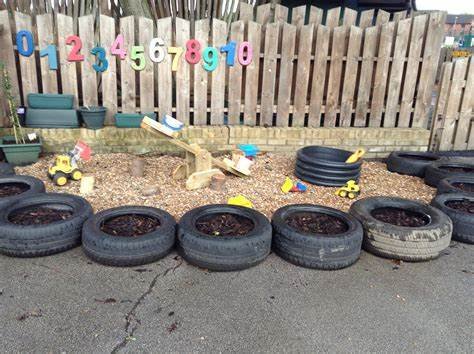Supporting Storytelling Through Block Play in the Early Years
For our final blog post in our block play series, we are going to look at how block play can support children to develop that inner storyteller. Whether that be through incorporating small-world play and props role-playing being construction workers. There is lots of opportunities and ways that we can support children to develop their narrative, communication and language skills, and personal social and emotional skills as they work together to add a storyline to their play.
What are the stages of story telling in play?
Children will go through different stages as they begin to use props to make up stories and add dialogue to their play. For example, children may begin to add voice sounds as the run a car across the floor going “brrm brrm”. This is the very early stage of children adding dialogue to represent their understanding and experiences. We then act out our familiar experiences using available props, for example, we may pick up the hammer and begin to bang the hammer and represent what they have observed others doing. As children get older, they begin to play alongside other children in their play, so for example, we all might be playing tea shops making teas and coffees. We are engaged in the same activity, but we are not necessarily reliant on each other for our play or interacting with one another. Children them move into the stage of collaborative play where they are working together to develop their storyline and direction of play.
The reason I share the stages of play is that it is important to reflect on where your individual children are in their journey when you are supporting storytelling through play. For example, if you have a child who is many solitary in their play but is beginning to add noises and sounds to their play. You maybe supporting them by modelling joining in and playing alongside others. Or using communication and language to invite them in and add narrative to a play and to show them perhaps (not an indefinite way as play is open ended) but suggestions that could spark their interest or enhance their play. For example, you build a bridge using the construction blocks. You test to see if it is high enough to fit the toy car underneath. You then might add some “brrm brrm” or “beep beep” noises as you move the cars around.
Ways to support storytelling in block play?
There are many ways that we can support story telling in block play, through providing children with a range of rich and wonderful experiences and resources. Below are some ideas to support children:
Have a range of fiction and non-fiction books around building and builder’s sites. This will give children knowledge and understanding that they can add into their story telling.
Have a local builder come in and talk about their job or visit a local builder’s site to see what happens.
Model to the children play and developing stories around available resources. For example, children might need to see an adult model how we use a spirit leveller to know how we use it.
Add in small-world props and resources based on children’s interests – e.g. cars, toy people, animals, dinosaurs and so on.
Provide story sacks or baskets with available resources to retell those familiar stories. For example, the 3 Billy Goats Gruff Book and puppets; with the building blocks. This may inspire the children to build their own bridge for the big bad troll to be hiding under and to retell the story. This can either be left as a provocation to see what the children do with it or it can be an adult directed activity where you work together to build the bridge and scaffold the children as they work and retell the story altogether.
Add dressing up items such as hard hats and high visibility jackets, to encourage them to role-play being builders.
Have real resources such as tape measures, rulers, spirit levellers and so on to support children to act out those experiences using the props around them.
Encourage children to share with others and talk about what they have built and describe it.
Join us for our next running of our webinar, ‘The Potential of Block Play in the Early Years’ on the 1st September 2022 at 7:30 pm
